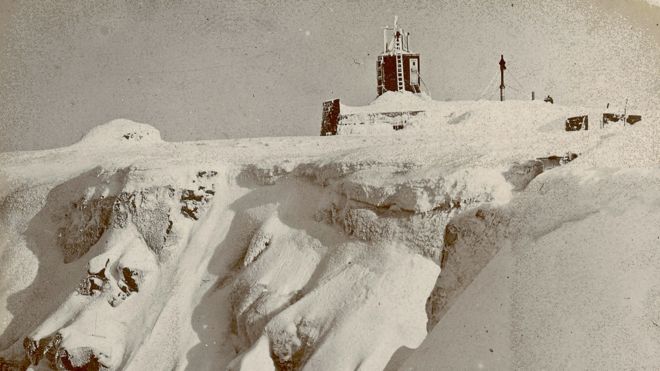ADJECTIVES
• Describe nouns
Example: That car is fast. (What kind of car? Answer: a fast car.)
• Have the same form in both plural and singular number
Example: She has three lovely cats.
• Often comes before nouns and after “be”.
Example:
He is a powerful CEO.
I hope to be a famous pharmacist.
Adjectives like nice/bad/good are OPINION adjectives. They tell us what somebody thinks of someone or something.
Example: The company’s choice to diversify during these times is a bad one.
Adjectives like new/golden/round are FACT adjectives. They give us factual information about age, size,color, and so on.
Example: We prefer the new advertisement over the old one.
Opinion adjectives come before fact adjectives.
Example: Did you have a nice, long holiday?
At time, we use several fact adjectives to describe someone or something. We follow this order.
Determiner – Quantity/Number – Size – Age – Shape – Color – Origin/Proper Adjective – Material/Purpose – NOUN
Examples:
Mr. Sham bought a large, old, round, red, Chinese, wooden drawer.
There is a disgusting red metal crab ornament in their front yard.
We took a ride on an ancient, red Californian tram.
Exemptions:
• Adjectives of size and length usually come before adjectives of shape and width.
Example: She is a tall, thin girl.
• When there are two or more adjectives from the same group, we use “and”.
Examples:
She wore a yellow, red, and black gown for the product launch.
The shop sells old and new things.
• We use adjectives with the verbs be/get/become/seem.
Example: I am tired and I’m getting sleepy.
• We also use adjectives to say how somebody or something looks, feels, tastes, smells, and sounds:
Example: That was an interesting presentation.
I am interested in your new product.

